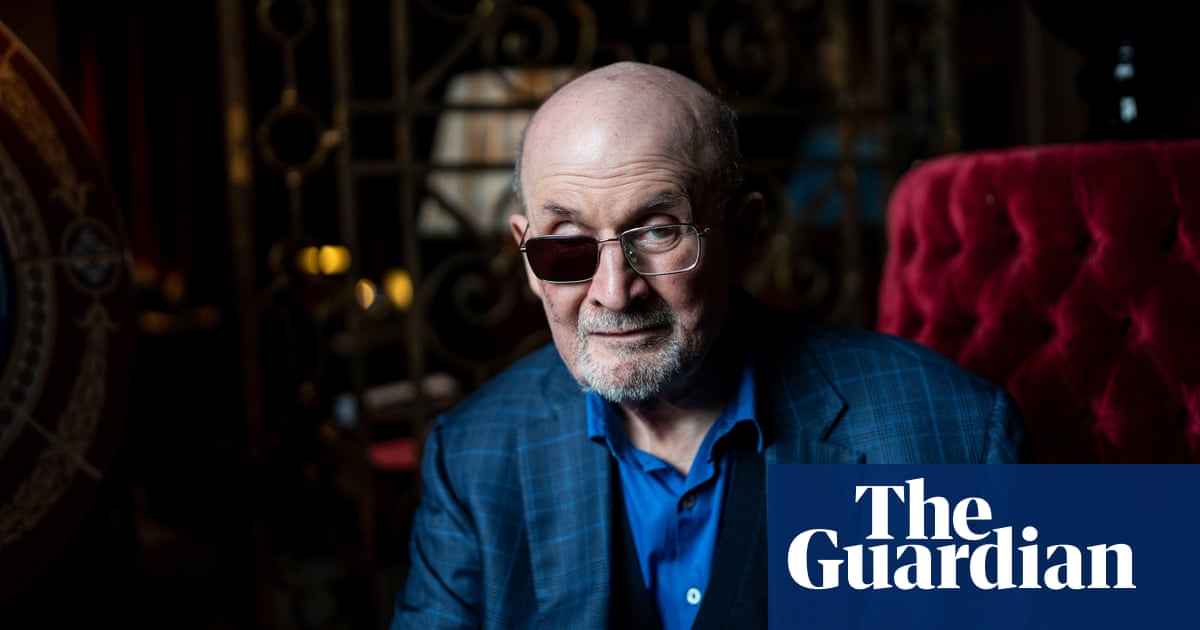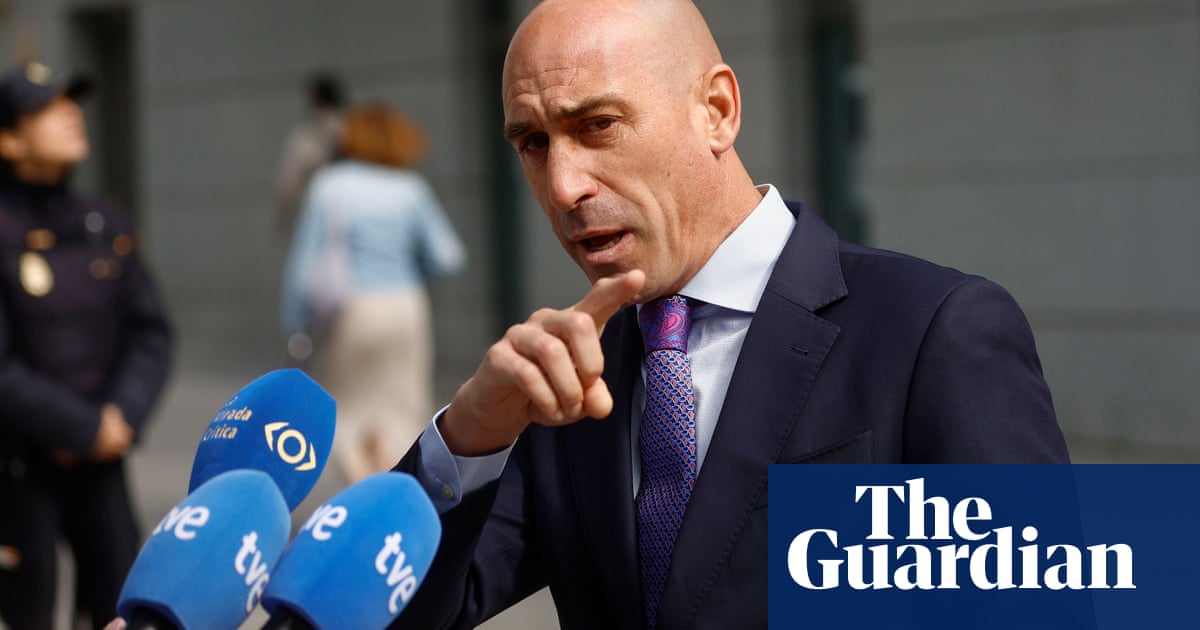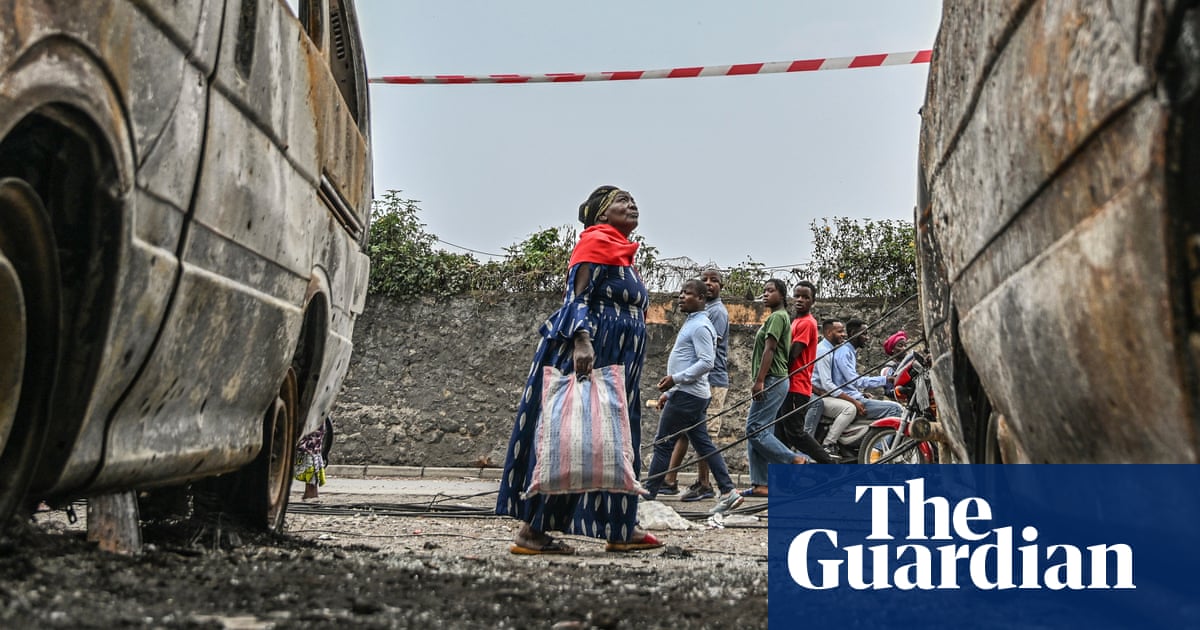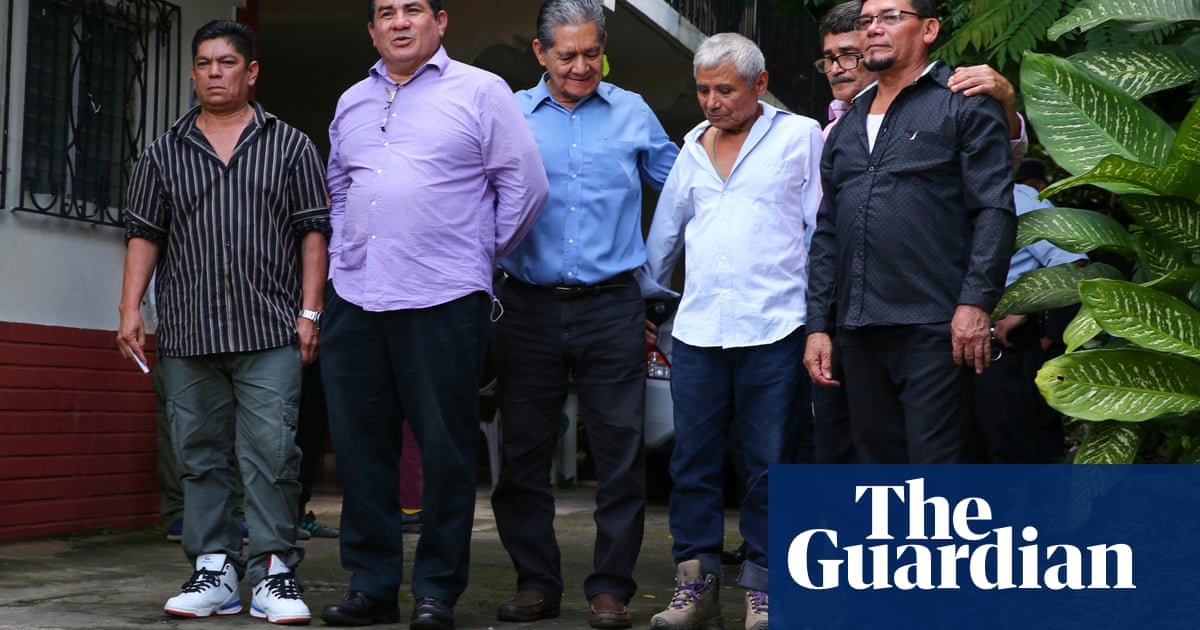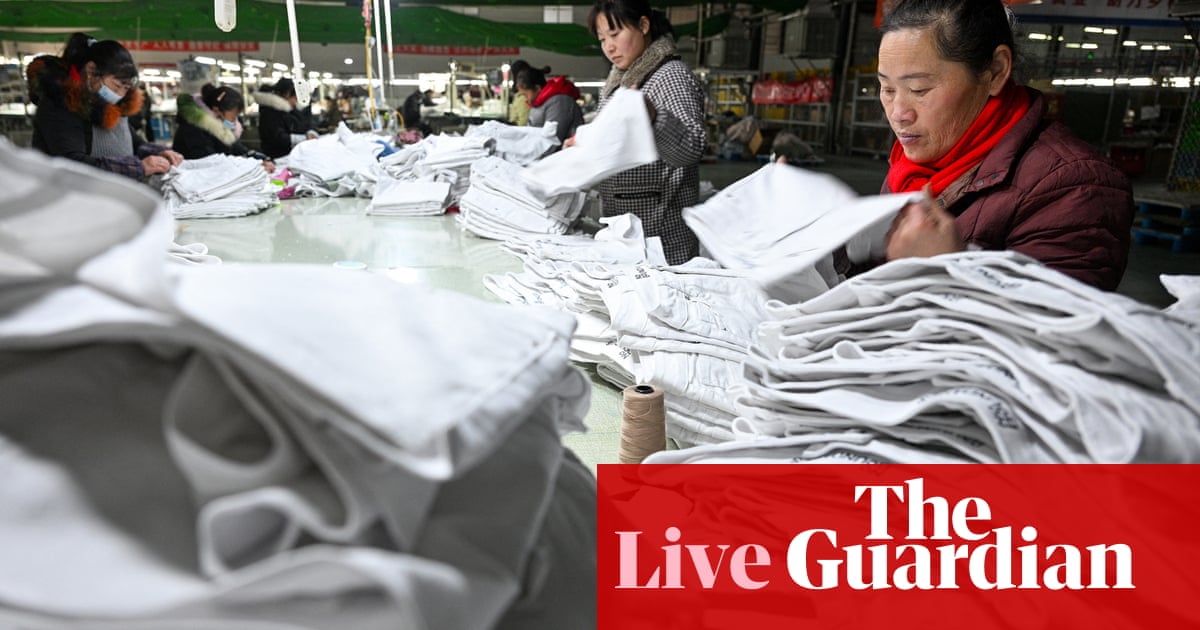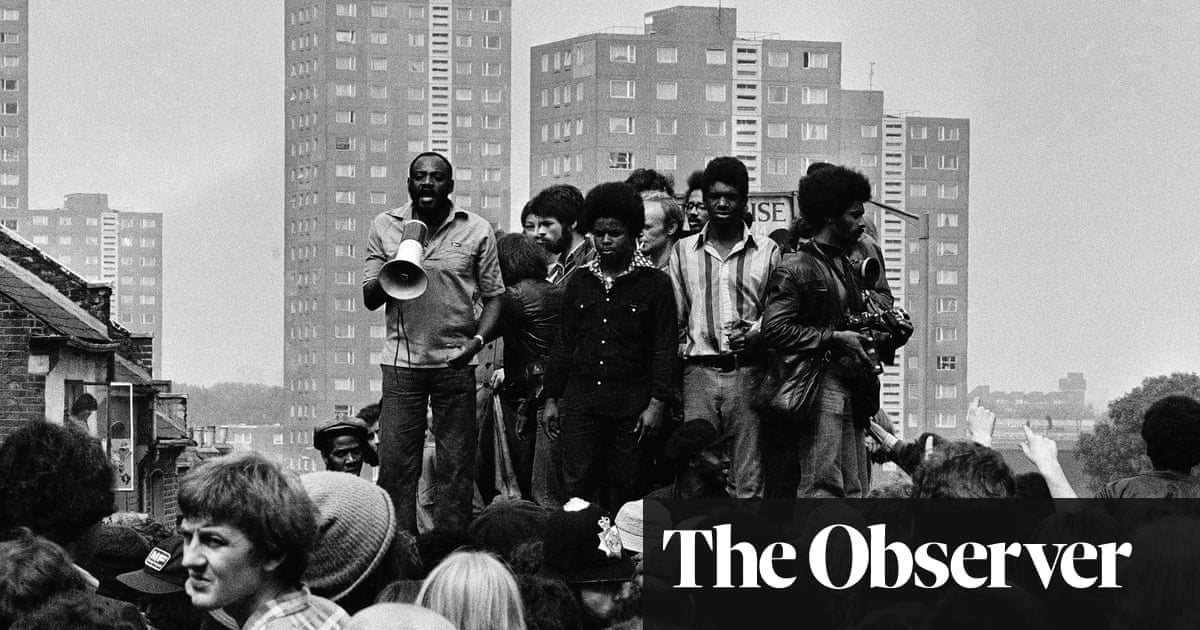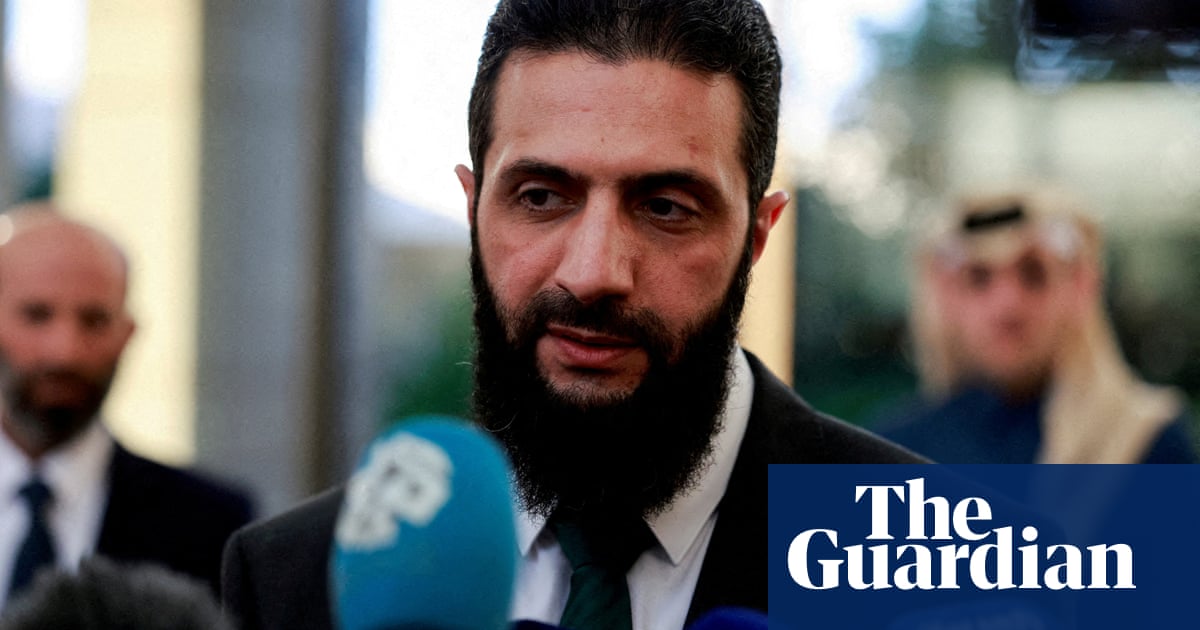I had never imagined, when working as a professor of transplant surgery at a large teaching hospital in London, that one day I would find myself operating on an eight-year-old child who was bleeding to death, only to be told by the scrub nurse that there were no more gauze swabs available. But I found myself in that situation last August while operating at Nasser hospital in Gaza as a volunteer with Medical Aid for Palestinians (Map). Reduced to scooping out the blood with my hands, I felt an overwhelming wave of nausea – I was anxious that the child would not survive. Luckily she did, although many others did not.
Having retired from the NHS, I decided to go to Gaza because it had become clear that there was a desperate need for surgical help, and I had the skills to contribute. Life as a transplant surgeon in London had been tough but hugely rewarding, and as a senior member of the transplant community I had enjoyed a certain status. This was going to be a different experience – but nothing prepared me for what I found when I arrived.
From the moment we crossed into the territory and Sven, a large Swedish man in an incongruous flowery shirt leading the convoy of armoured UN Land Cruisers, exhorted us to “try not to get killed”, life became a bizarre, disorienting experience of extremes. Indeed, the same vehicles were fired on by the Israeli army a fortnight after we arrived. Gaza is the most dangerous place to work in the world, with more than 300 aid workers and 1,000 healthcare workers killed since the start of the war.
The journey across southern Gaza to our base evoked grainy photographs of Hiroshima. All buildings, for many miles around, had been literally flattened into the dusty landscape, and barring a few armed looters, people were conspicuously absent. Arriving at Nasser hospital in Khan Younis, we found unimaginable, medieval chaos.
Wards were overflowing, with beds rammed against each other in rooms and corridors, and spilling on to the open balconies, many surrounded by filthy mattresses on the floor where relatives slept in order to help the nurses care for the sick. Hygiene was nonexistent. Soap, shampoo and cleansing gel were often not allowed into Gaza, and medical supplies, which are also subject to import restrictions, were limited. On several occasions I inspected wound infections and found crawling maggots, and my Map colleague in intensive care had to remove maggots from a child’s throat when he found them clogging their ventilator. At various points we ran out of sterile gloves, gowns and drapes.
The hospital regularly shuddered from nearby bombs. Like most other hospitals, it had already been attacked, in February last year, with many staff and patients killed. Every day we received one or two mass casualty incidents that transformed the emergency department into a Dantean maelstrom of dead bodies, blood, tissue and screaming children, many of them missing limbs. Usually this would mean 10 to 15 dead, and 20 to 40 seriously injured.
We could receive casualties at any time, day or night, and sometimes operated continuously for more than 24 hours. There was a constant concern that the regular bombing close to the hospital would one day target us, and sleep was difficult. The exhausted local staff humbled us with their dedication and hard work since, apart from the conditions in the hospital, they also had to contend with living in “tents”, which are often pieces of carpet tacked on to wooden posts, with no water or sanitation. I also never saw any evidence of Hamas, either inside or outside the hospital, where we had no restrictions on movement.
Looking back, it is the images of injured children that will never leave me. One evening, I operated on seven-year-old Amer, who had been shot by one of the drones that descend immediately after a bombing to pick off those who are running away, all civilians. He had sustained injuries to his liver, spleen and bowel, and had part of his stomach protruding through his chest. I was so glad to see him survive. But we saw patients like him every day, and most were not so lucky.
Most of the cases we treated were women and children, and particularly disturbing were the children with a single injury, a bullet to the head, which was clearly the result of deliberate sniper fire. Indeed, 30 UK doctors and nurses who had worked in Gaza last year wrote to Keir Starmer in August stating that they had regularly seen evidence of the deliberate targeting of children (as did 99 US health workers who wrote a similar letter to President Joe Biden in October). The Palestinians feel that they are undergoing a genocide, and UN human rights experts, Amnesty International and many other organisations have concluded that Israel’s actions may plausibly amount to genocide. It is difficult to argue with them.
I have worked in a number of conflict zones but have never seen so much civilian death and destruction. This was undoubtedly qualitatively different from any other war, currently or in the last two decades.
Even if the ceasefire holds, which looks increasingly doubtful given Donald Trump’s recent actions, it will take years to reconstruct Gaza, both physically and as a society. My profound hope is that young Amer, and others like him, are given the opportunity of a decent, humane future.
When our convoy rolled back out last September, I was left with an overwhelming sense of guilt that I could go back to an easy life while millions of others went to bed hungry, wondering if they would be blown to pieces overnight. This has been replaced by a deep sense of shame and embarrassment that the UK government, a Labour government that I campaigned for, has refused to actively condemn Israel for the war crimes it has committed and continues to supply it with arms.
Political power may require compromise and behind-the-scenes trade-offs, but there are some moral red lines that should never be crossed, whatever the political cost. In my view, the genocide in Gaza is the quintessential test of the moral courage of leaders in the 21st century – and so far, ours have failed. The bombing may have stopped for now, but the necessity to hold those who have committed crimes to account is no less urgent.
-
Nizam Mamode is a humanitarian surgeon and retired professor of transplant surgery. He was a volunteer surgeon in an emergency medical team in Gaza, which was organised by Medical Aid for Palestinians (MAP) in August/September 2024
-
Do you have an opinion on the issues raised in this article? If you would like to submit a response of up to 300 words by email to be considered for publication in our letters section, please click here.

 3 hours ago
1
3 hours ago
1
